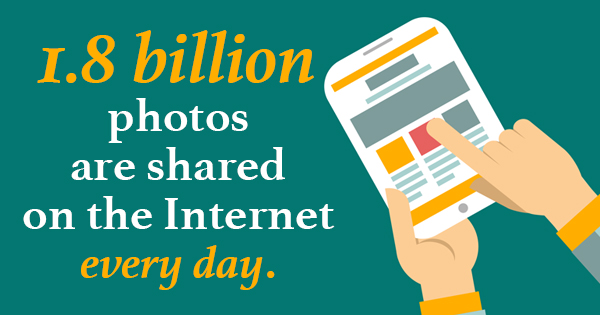
Human beings are using digital images on an unprecedented scale. Do you want the data to back that claim up? 1.8 billion photos are shared on the Internet every day. In 2012, Instagram hosted 500 million images — 30 times greater than the entire photo archive of the Library of Congress. Today, 300 million people use Instagram, sharing 70 million photos a day. Online advertising and e-commerce, two businesses that make extensive use of digital images, are industries that value billions and trillions of dollars.
But it’s not just social media aficionados and online marketing gurus who stand to gain from using a photo editing service or other methods of improving one’s image production talents. Let’s say you’re trying to sell your home. With 92% of home buyers using the Internet as part of their search, how you present your home online is critical to making a sale. It has been established that houses with DSLR photos will tend to sell faster than those without — or at least, more will sell in a given window of time if these higher-quality pictures are used.
Don’t despair — just because you aren’t the next Ansel Adams or a budding post-production photography specialist, doesn’t mean your photographs can’t turn out absolutely great, the way you want them. There are many photo editing services that offer a variety of options for amateurs, new photographers, or seasoned professionals. Whether you want a photo retouching service, portrait photo editing, wedding photo editing, or just some general photo styling, a service has devoted its time and energy able to offer an improved experience for anyone making a foray into image production. You can also even hire a photographer from the service who can take the pictures for you.
Photo editing services for photographers are available online and at many camera stores and other places where photographers come to meet and talk shop. Color correction services are among the more underrated of these. Not everyone is familiar with how we experience color, but it is a must for anyone wishing to have authorial credibility while presenting their own photographic work.


